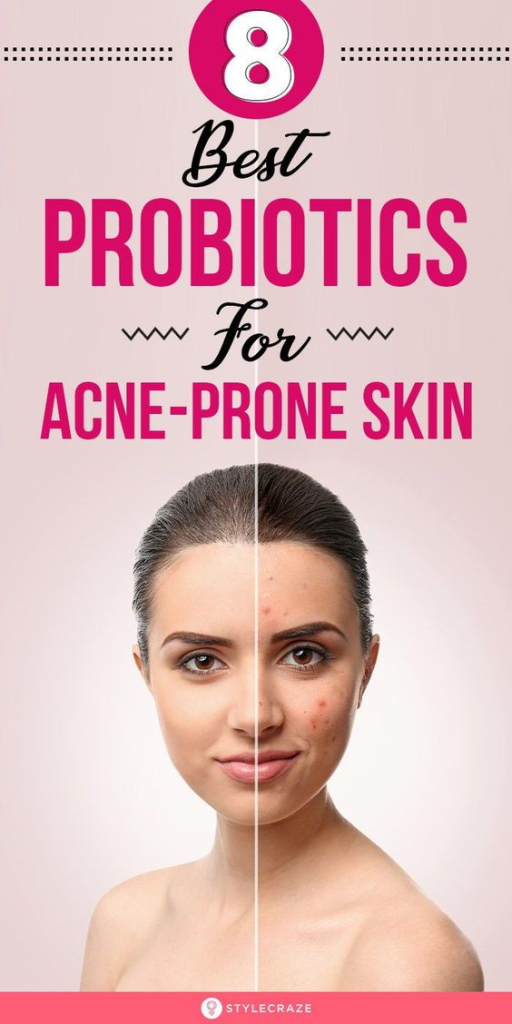Acne is a common skin condition that can affect people of all ages, and there are several effective treatments available to manage and reduce its symptoms. It’s important to note that what works for one person may not work for another, so it may take some trial and error to find the most effective treatment for an individual. It can take many months or years for your acne to clear up completely.
- Control your acne
- Avoid scarring or other damage to your skin
- Make scars less noticeable

Some commonly used and effective treatments for acne:
- Topical medications
- Benzoyl Peroxide: It works as an antiseptic to reduce the number of germs (bacteria) on the surface of your skin. It’s usually one of the first treatments recommended for mild to moderate acne. It comes as a gel or face wash containing 5% benzoyl peroxide. This helps kill bacteria on the skin, reduce inflammation, and unclog pores.
- Salicylic Acid: Salicylic acid belongs to a class of drugs known as salicylates. When applied to the skin, salicylic acid may work by helping the skin to shed dead cells from the top layer and by decreasing redness and swelling (inflammation). This decreases the number of pimples that form and speeds healing.
- Retinoids (Retin-A, Adapalene): Retinoids regulate cell apoptosis, differentiation, and proliferation. Anti-wrinkle properties of retinoids promote keratinocyte proliferation, strengthen the protective function of the epidermis, restrain transepidermal water loss, protect collagen against degradation, and inhibit metalloproteinase activity.
2. Antibiotics
There are two types of Antibiotics (i)Topical Antibiotics & (ii)Oral Antibiotics
- Topical Antibiotics: Topical antibiotics assist in preventing infections caused by bacteria. A variety of topical antibiotics are available such as bacitracin, mupirocin, gramicidin, fusidic acid, and gentamycin.
- Oral Antibiotics: Tetracycline, doxycycline, and minocycline may be prescribed for moderate to severe acne to reduce inflammation and bacteria.
3.Isotretinoin (Accutane):
Isotretinoin is an oral prescription medication that affects sebaceous glands and is used to treat severe acne. Isotretinoin is a potent oral medication prescribed for severe, cystic acne. It reduces oil production and treats inflammation.
4. Chemical Peels:
Chemical peels can reduce or improve fine lines and wrinkles, acne, scars, uneven skin coloring and other skin imperfections. Different chemicals determine the depth of your peel and type of skin condition treated.
5. Laser and Light Therapies:
- Laser Therapy: Laser Therapy uses specific wavelengths of light to stimulate healing and when receiving a laser therapy treatment patients do not feel a thing. Major plus: healing pain without the pain of it. The aim of laser therapy is to reduce inflammation as well as muscle fatigue and pain.
- Photodynamic Therapy (PDT):Photodynamic light therapy kills acne-causing bacteria on the skin and affects only targeted cells — not healthy ones. This helps you maintain a smoother, healthier overall look. Photodynamic therapy can also reduce the size of sebaceous glands and reduce their oil-producing activity.
6. Microdermabrasion and Microneedling:
- Microdermabrasion: This exfoliating procedure helps remove the top layer of dead skin cells, potentially improving mild acne.
- Microneedling: This involves using tiny needles to stimulate collagen production and improve acne scars.
7. Diet and Lifestyle Changes:
Eating a balanced diet, avoiding dairy and sugary foods, staying hydrated, managing stress, and maintaining a regular skincare routine can help manage acne.
8.Natural Remedies
Natural Remedies: Some people find relief from natural treatments such as tea tree oil, aloe vera, and green tea extracts. If your acne is mild or moderate, the research is on your side. Aloe vera and tea tree oil, and green tea has been found to be an effective bacteria killer and acne treatment. With very little risk and a high possibility for success, most people should feel optimistic about using aloe vera as a part of their skin care routine.